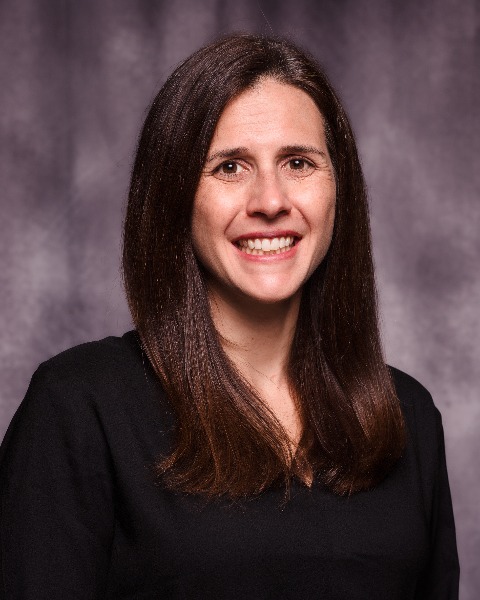Medical Education
Session: Medical Education 2
538 - Supporting Pediatric Subspecialty Trainees Through Remediation: The Fellowship Directors' Perspective
Friday, May 3, 2024
5:15 PM - 7:15 PM ET
Poster Number: 538
Publication Number: 538.472
Publication Number: 538.472

Katherine McVety, MD (she/her/hers)
Assistant Professor of Pediatrics
Central Michigan University/Children's Hospital of Michigan
Beverly Hills, Michigan, United States
Presenting Author(s)
Background: Identification and remediation of struggling learners are common in fellowship. Training for fellowship program directors (FPDs) in remediation is variable. Remediation can be taxing for the learner, faculty, FPDs, programs, and institutions. Fellowship differs from residency in that there are higher baseline expectations of skills, more frequent interactions and closer relationships between faculty and trainees, and focus on a specific subspecialty. A better understanding of the unique challenges and needs related to fellow remediation is needed.
Objective: (1) Describe the experiences of pediatric FPDs with remediation; (2) Describe needs of FPDs in the process of remediation; and (3) Explore the professional and emotional impacts of remediation on FPDs.
Design/Methods: This qualitative study is exploring FPD experiences with remediation. Data is collected through semi-structured, one-on-one interviews with a nationally representative sample of pediatric FPDs until theoretical sufficiency is reached. Purposeful sampling is identifying information-rich participants within each pediatric subspecialty. An inductive approach grounded in participants’ views will develop a thematic analysis.
Results: We have interviewed 10 FPDs from 7 pediatric subspecialties and coded 4 transcripts to date; additional interviews are scheduled. Emerging themes include:
•The remediation process for fellows is not standardized–individual needs based on competency areas of concern, level of deficiency, and holistic needs of the fellow are barriers to standardization.
•A variety of resources and support structures are needed for successful remediation–internal and external resources utilized by FPDs and fellows vary across programs; access, availability and cost can be significant barriers.
•It takes a village – FPDs invest significant time and effort to support remediating fellows. Faculty can assist by providing honest, timely feedback, maintaining awareness of biases, and communicating concerns from residency to FPDs.
•There are significant emotional and psychological impacts associated with remediation, which affect not only the fellow--but the FPD, co-fellows, faculty, and staff working with them.
Conclusion(s): Our findings to date indicate that processes and resources to support remediating fellows vary widely. Remediation is time consuming and can significantly impact all involved. We are identifying both barriers and supports for remediation through FPD experiences across subspecialties. We look forward to shedding more light on this topic as our study progresses.
